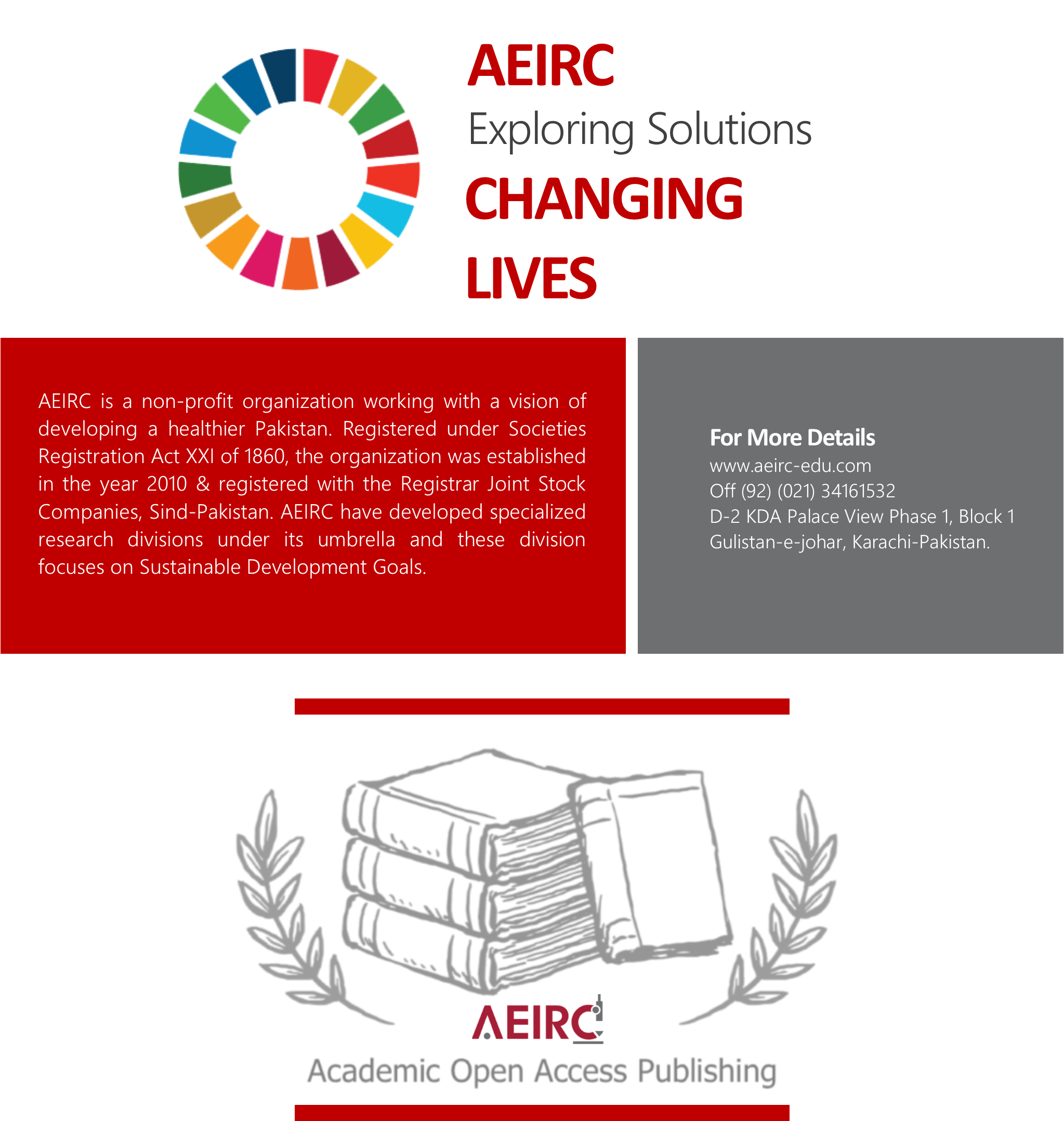Knowledge attitude ratio of blood donation among medical and non-medical university students
DOI:
https://doi.org/10.29052/IJEHSR.v6.i1.2018.01-07Keywords:
Knowledge, Attitude, Medical Students, Non-Medical Students, Ration, Blood DonationAbstract
Background: Due to lack of active blood donation, Pakistan fails to meet the basic medical requirements. That’s why, to increase the medical facilities and to motivate a sense of humanity, this practice is mandatory. Rigorous aimed advertising and information; ulterior motive and privilege of unpaid healthy volunteer donors for blood are needed for a satisfactory and safe blood and blood components.
Methodology: This was a cross-sectional comparative study between medical and non-medical universities. A total of 150 students were recruited. A self-administered questionnaire was used which comprised of 14 questions including demographics (gender, marital status, university, year of study and blood group) and blood donation questions related to knowledge, attitudes, and practices. The data was analyzed using statistical package for social software (SPSS) version 16. The Statistical test applied was Chi-square Pearson’s test where appropriate P-value <0.05 was considered significant.
Results: Out of 150 participants 17(11.26%) were donors and 113(88.08%) were those who didn’t participate in blood donation. Where else, the donors 12 (71 %) belonged to Medical and 5 (29%) from Non-medical, indicating that students with poor knowledge donate the least. Only 53 (43.70%) have some knowledge related to blood donation. Insufficient concept and different fears (needle injury, transmission of blood-borne diseases etc.) were the principal factors discouraging them from donating. The attitude towards blood donation was positive for both groups (Medical and Non-Medical) i.e. (49.95%). But despite this percentage, both groups i.e. (Medical and Non-Medical) showed no willingness towards donating blood.
Conclusion: The result of this study conclude that the objective of voluntary blood donation could be more effective if specific donor’s personal information and educational background is obtained, motivation and recruitment strategies must be focused. Administrate donation camps periodically in high-schools would invigorate more students (those having trouble with time and information).







